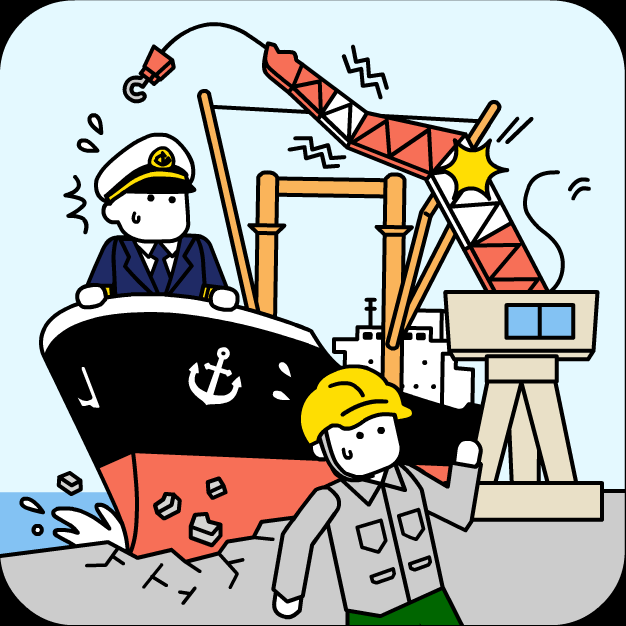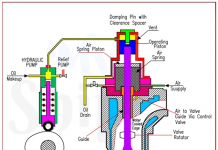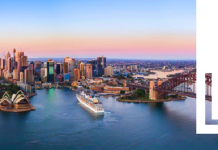
Protection & indemnity insurance, known as “P&I” insurance, is a type of mutual maritime insurance given by the P&I Club. But, a marine insurance company furnish “hull & machinery” cover for ship owners, & cargo cover for cargo owners, a P&I Club furnish cover for open ended risks that conventional insurers are resistant to insure. Some P&I cover includes: a carrier’s third party risks for damage occurred to cargo during carriage, war risks, & risks of environmental damage such as oil spills & pollution. In the UK, both traditional underwriters & P&I clubs are subject to the Marine Insurance Act 1906. A P&I Club is a common insurance association that furnish risk pooling, information & rendering for its members. Unlike a marine insurance company, which informs to its shareholders, a P&I club informs only to its members. Generally, P&I Club members were usually ship owners, ship operators or demise charterers, but more recently freight forwarders & warehouse operators have been able to join.
Whereas the assured pays the premium to an underwriter for cover which lasts for a specific time (say, a year, or a voyage), a P&I Club member pays a “call”. This is a amount of money that is put into the Club’s pool, a kind of “kitty”. If, at the end of the year, there are remaining funds in the pool, each member will pay a less call the following year; but if the Club has made a major payout (say, after an oil spillage) club members will instantly have to pay a further call to top up the pool.
There is an International Group of P&I Clubs at Peek House, London. These Clubs cooperate to furnish funds in the event of huge claims using a complex system to find liability.
P&I insurance covers:
Loss of life Injury to crew members & others;
Hospitalization expenses of the crew members in foreign ports; Expenses incurred in repatriating crew members who have been hospitalized in foreign ports; Repatriation of crew members of the stranded or lost vessel;
Loss or damage to cargo;
Liabilities for the damage to docks, cables (submerged or other), shore equipment, navigation aids, bridges & other fixed or movable properties, damage to property of any kind caused by excessive speed in harbor;
Some types of fines & penalties, practically all risks not covered by marine insurance companies. Marine insurance companies & P&I, also known as underwriters, repay the shipowner only for damage & losses mentioned in the policy after the shipowner shows that such damage or loss has happened.
This is found out by the surveys, entries in the log, reports & statements provided by the master. Making up proper reports & statements & getting statements from witnesses in case of accident or casualty to the vessel or cargo or injury to a person, perform an imminent purpose in the protection of your company’s benefits.
This is time taking labor, but it is a compulsory evil, & one which cannot be avoided. All reports & statements must be completed with the least possible delay. All reports & statements should be clear, neat & legible.
Logbook Entries
In each & every case of accident or loss, or of fire on board, collision or grounding, comprehensive entries should be made in the official log. In some types of accidents, such as collision & grounding, it is a good idea to make rough notes & enter them in the log in sequence. If in doubt about whether to make an entry or not, a safe rule is to enter it in the log, but only after it has been roughed out. Do not belief anything to memory. Write it down as soon as possible after the event, while it is still fresh in mind.
The Reports & Statements
Your company may want records on special forms, on all accidents, even those which do not generally need a complete report. In cases of injury to the person on the ship, first aid must be rendered immediately. If in port, & it is thought necessary, a doctor can be called or the injured person should be sent to a hospital. Fill out Injury Reports & enter all specifications in the medical log, &, if a crew member is involved, in the official log.
Accidents Going or Leaving Drydock
If your ship touches another ship or craft, an accident report should be made. Due to the close quarters in some drydocks this type of accident occurs generally. If your ship was using her engine, a copy of the logbook & bellbook including the time should also be noted. Names of tugs used & their positions around the ship should be shown on a diagram. The pilot should also make a statement.
A similar report is required, if the ship touches any part of the drydock. Statements may also be needed from the officer on duty on the bridge & the man at the wheel & the lookout.
Cargo Damage
Cargo damage is a constant problem. Generally, it is the chief officer who should write a statement & make a report giving the reason for the damage. If it was caused by the salt water, he should note in the statement that the hatches were properly fixed down & the number of tarps used on each. Provided all facts are correct, the statement & report are countersigned by you.
An abstract of the log (6 copies) including the period of the heavy weather should be made. The weather should necessarily have been extra ordinarily heavy – not the rough weather generally expected on the voyage.
The log must show steps were taken to avoid heavy weather damage & to avert laboring of the vessel such as slowing down, changing course or ballasting. Such entries in the log will be of aid to your insurance department in fighting a claim made against your company for damage to the cargo.
Any repairs to the ship for damage credited to the heavy weather on that voyage must be noted in the logbook & in the statement.
Collision with Another Vessel
First of all, fill out the required form & send one copy to your insurance department. A number of statements & records will have to be made. Therefore start taking notes immediately. Don’t forget to serve notice on the master of the other ship, that her company will be held accountable for all damage sustained by your vessel.
Request the addressee of the letter to accept its receipt. Chances are he will not do this, & he may even decline to accept the notice. In all cases he will serve you with the same kind of notice. Do not accept it even though you may have hit him amidships on a clear day when his ship was at anchor. Never admit responsibility or that your ship was at fault. Leave that to your company insurance department if they think it essential. Don’t give out any data & don’t permit anyone, with the exception of the authorities officials, to check the logbooks or bell books. Note in your logbook & in your statement:
(a) That you made certain as to whether anyone was injured on the either ship.
(b) Whether the other ship was in need of help.
(c) That you had bilge soundings taken hourly or often, as thought necessary.
(d) The extent of damage to your ship as far as known.
(e) The names of eyewitness men who were on deck at the time.



